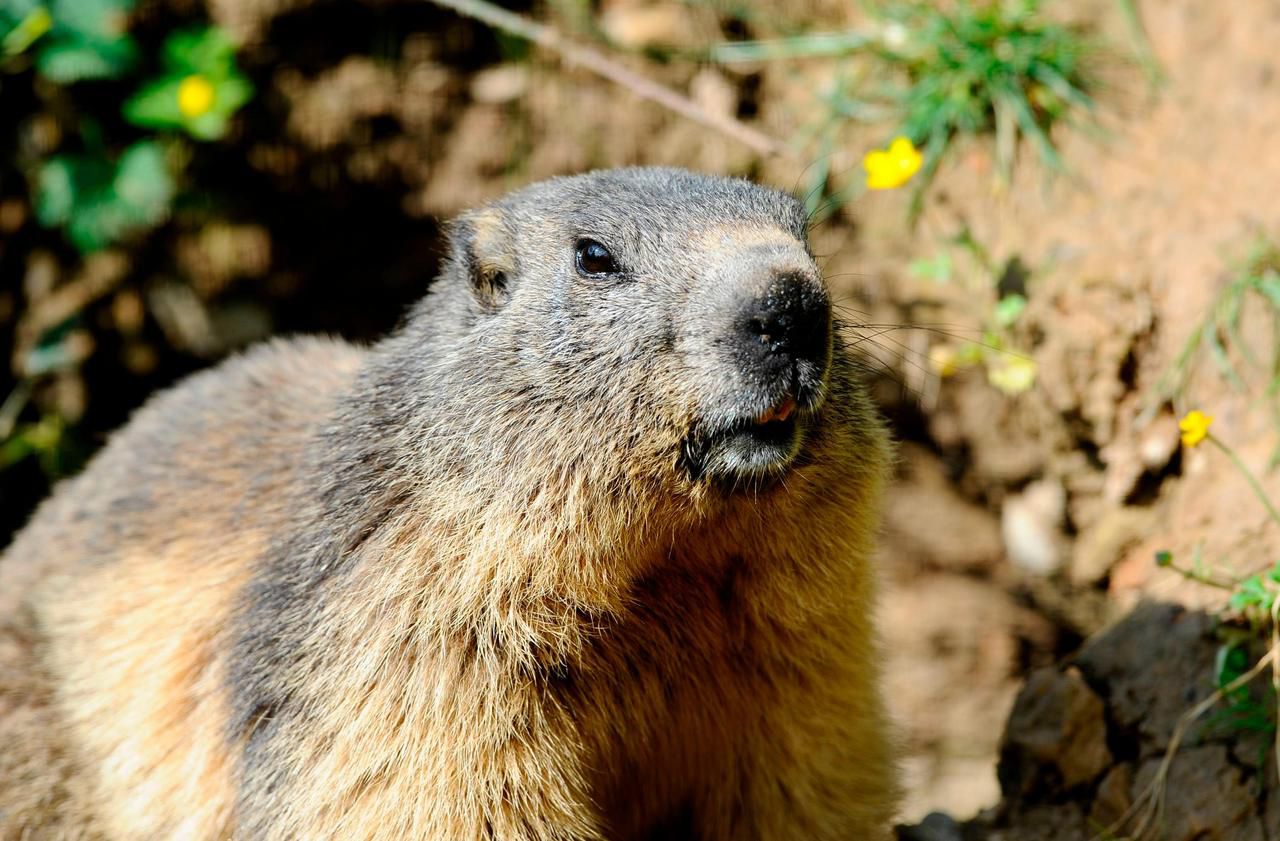Russian health services announced Wednesday that they have launched a campaign to screen for bubonic plague among rodents in Buryatia, a border region with Mongolia, where cases have been confirmed recently.
"Rodent populations are being tested in border areas of Mongolia to detect the presence of the plague bacteria," said the Buryat department of the Russian health agency Rospotrebnadzor, on its official website.
So far, "the results of serological, bacteriological and PCR tests (polymerase chain reaction tests) performed in 2020 to detect a possible presence of the plague antigen, have been negative," he added. . However, the health agency recommends that tourist agencies "inform" travelers about the risks associated with the plague.
Stop hunting the groundhog
Due to the closure of borders due to the epidemic of new coronavirus, the risks of spread of bubonic plague come mainly from possible Russian epizootic outbreaks in Altai, in the region of Baikal or in the Siberian Republic of Tuva, according to l 'agency.
But the disease could also be imported by rodents from China or neighboring Mongolia. Russian authorities also called this week to stop hunting and consuming groundhogs after the discovery of cases of bubonic plague in these two neighboring countries.
Two cases of bubonic plague were confirmed last week in the Mongolian province of Khovd, involving brothers who had eaten groundhog meat. A third suspected case in Mongolia involving a 15-year-old boy was reported on Monday. In northern China, authorities in the city of Bayannur, located in Inner Mongolia, discovered a case of bubonic plague in a shepherd this weekend.
Little transmissible between humans
The World Health Organization (WHO) said Tuesday it was closely monitoring the cases of bubonic plague in China, stressing that the situation was "well managed". "For the moment, we do not consider this to be a high risk, but we are monitoring it carefully" the situation, in partnership with the Chinese and Mongolian authorities, said a spokesperson for the WHO, Margaret Harris, at a press briefing in Geneva.
The WHO stresses that the plague is "rare" and that it is generally found in certain geographical areas of the globe where it is still endemic. "The bubonic plague has been and is with us for centuries," said Margaret Harris.
Newsletter - The essentials of the news
Every morning, the news seen by Le ParisienI'm registering
Your email address is collected by Le Parisien to allow you to receive our news and commercial offers. Find out more
Bubonic plague is the most common form of the disease and is spread from animals to humans through the bites of infected fleas or through direct contact with the carcasses of small infected animals. It is not easily transmitted between people.

